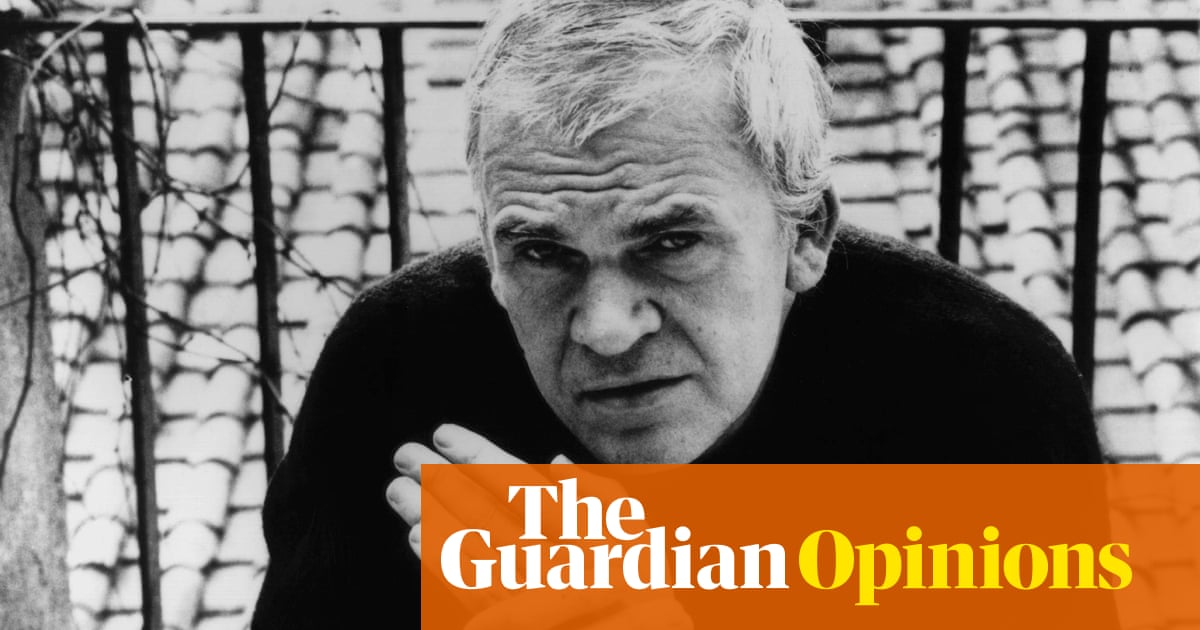
This year’s UN climate summit in the UK has been postponed until 2021 because of the coronavirus pandemic. While the decision is the correct one, it is critical — for the sake of humanity and our planet — that policy makers do not now de-prioritise tackling climate change.
The fact remains that global warming remains perhaps the biggest challenge facing the world in the medium to long term. And there is a danger that the postponement of the summit could lead to the climate issue falling off the radar screen, at least temporarily.
This would be a grave error, especially since consciousness over climate change has grown at unprecedented speed over the past 12 months. With the super-priority for the world in 2020 being tackling the coronaviruspandemic, the climate goal now must therefore be to extend to 2021 the current political “window of opportunity” to advance global warming debate and action decisively.
The UN summit in Glasgow, now taking place next year, will be the most important gathering on climate since 2015, when the Paris climate deal was agreed, and comes when governments are due to review their promises to cut carbon emissions to align with recent scientific forecasts. The reason it is so important to act in the window that now exists is the high risk that — under current emissions trajectories and national Paris pledges — global warming will exceed 1.5 degrees Celsius above pre-industrial levels.
As UN Secretary General Antonio Guterres chillingly warned at last year’s climate conference: “We are knowingly destroying the very support systems keeping us alive.” It is estimated that the country contributions announced at Paris in 2015 may well need to be at least five times greater in order to limit global warming to 1.5 degrees by 2050.
This 1.5 mark was adopted to avoid the worst impacts of so called “runaway” climate change. And the overwhelming majority of political leaders, let alone scientists, accept this.
To be sure, there are some notable exceptions to this, such as US President Donald Trump. So much so, in fact, that one of the few advantages of postponing the Glasgow summit to 2021 is the possibility that it will take place when Trump is no longer on office if he were to lose in November. While that remains only a possibility, at this stage, the odds may grow with the likelihood that the US is heading toward a deep recession which tends to be bad news for White House incumbents.
We must now seize the growing opportunity to co-create, and embed, what could be a foundation of global sustainable development for billions across the world, starting with Paris implementation.
Andrew Hammond
Far from populists such as Trump having the answers to climate change, their manifesto is the very opposite of the argument that has the more credible narrative. This is put forward by those scientists, politicians and climate campaigners who argue that the Paris treaty does not go far enough.
If this more far-reaching agenda is to realised, a breakthrough will be needed in 2021 that could be enabled with a new president in the White House. Leading Democratic contender Joe Biden, for instance, favors a “Green New Deal” that “will lead the world to address the climate emergency through the power of example of by ensuring the United States achieves a 100 percent clean energy economy and net zero emissions no later than 2050.”
While this position is a big step forward from Trump’s, even more may be required, and also be replicated around the world. The roadmap for moving forward is relatively clear to deliver this.
First, implementation of the Paris deal will be most effective through national laws where politically feasible. The country “commitments” put forward in 2015 will be most credible — and durable — if they are backed up by legislation where this is possible.
In the US, part of the reason Trump can unravel Paris ratification so relatively straightforwardly is that it was politically impossible to have the treaty approved in the US Congress. Barack Obama therefore embedded the agreement through executive order before Trump set his own counterpart executive actions reversing his predecessor’s order.
Legislation is more difficult to roll back.
While the pledges made for Paris are not yet enough, the treaty puts in place the domestic legal frameworks that are crucial building blocks to measure, report, verify and manage greenhouse gas emissions. Specifically, countries are required under the agreement to openly and clearly report on emissions and their progress in reaching the goals in their national plans submitted to the UN, and must also update these every five years to highlight measures being pursued to implement the goals, including in Glasgow.
In the future, the ambition must be that these frameworks are replicated in even more countries, and progressively ratcheted up. While this may seem a political long shot, it needs to be remembered that there was significant concern about whether the Paris deal could ever happen in the years leading to its agreement, yet it did.
While populist counter arguments will remain potent with many people across the world, they will eventually be relegated to the dustbin of history. We must now seize the growing opportunity to co-create, and embed, what could be a foundation of global sustainable development for billions across the world, starting with Paris implementation.
Andrew Hammond is an Associate at LSE IDEAS at the London School of Economics
Disclaimer: Views expressed by writers in this section are their own and do not necessarily reflect Arab News" point-of-view












